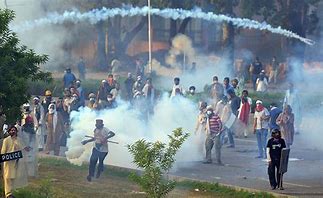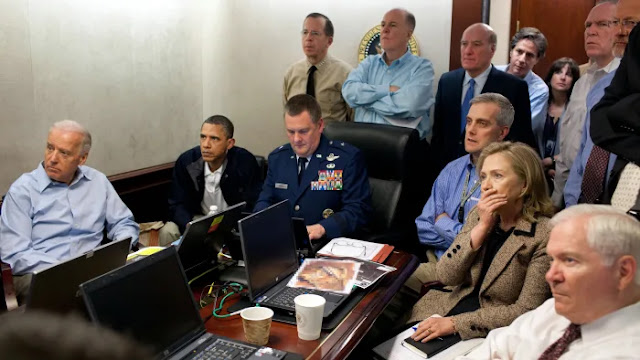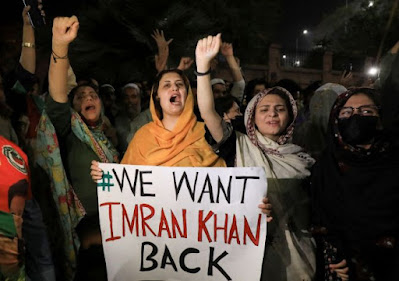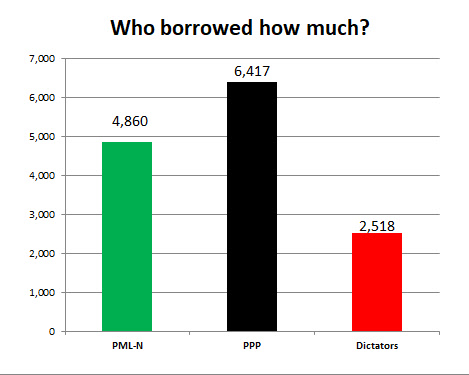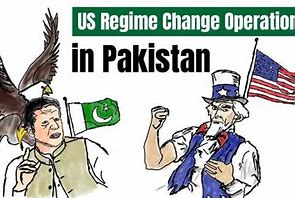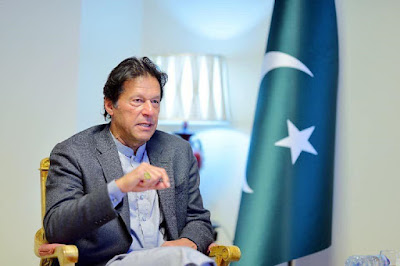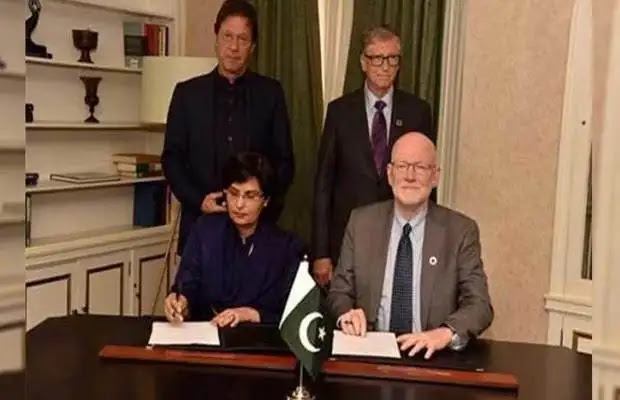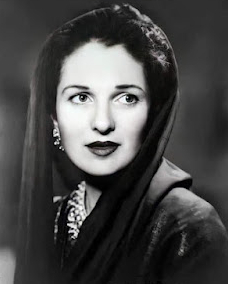In the digital age, social media has emerged as a powerful tool that significantly influences various aspects of society, including politics. The use of social media platforms in political landscapes has revolutionized political communication, engagement, and voters’ behaviour. This article explores the impact and effects of social media on politics, the role of politicians on these platforms, and its significance in both developed and developing countries. We will also examine a hypothetical future of politics without social media.
Table of Contents
- Real-time Political Debates
- Spread of Political Propaganda
- Social Media Algorithms and Politics
- Political Memes and Internet Culture
- Role of Politicians on Social Media
- Social Media Platforms and Politics
- Social Media Use in Politics
- Impact of Social Media on Politics
- The Political Power of Social Media
- Social Media Trends and Political Expression of Power
- Transforming International Relations through Social Media
- Social Media in Developing Countries and Authoritarian Regimes
- Social Media in Different Countries: Case of Pakistan and America
- Future of politics without the use of social media
- Using Social Media in Politics: Challenges and Regulations
Real-time Political Debates
Social media provides a real-time platform for political debates to unfold. Politicians, parties, and citizens engage in conversations and discussions on various social issues, policies, and government actions. The instantaneous nature of social media allows for swift responses and the ability to address concerns quickly.
Spread of Political Propaganda
Social media has become a breeding ground for political propaganda. Misinformation and disinformation campaigns can spread rapidly, influencing public opinion. It is crucial to be vigilant and verify information before sharing it to combat the spread of false narratives.
Social Media Algorithms and Politics
The algorithms employed by social media platforms play a significant role in shaping political discourse. These algorithms determine the content users see, often leading to the formation of echo chambers and filter bubbles that reinforce existing beliefs and ideologies.
Political Memes and Internet Culture
Memes have become a popular means of political expression on social media. Humorous and satirical images or videos often convey political messages, making complex issues more accessible to a broader audience.
Role of Politicians on Social Media
Politicians have embraced social media as a medium to connect with their constituents directly. They use platforms such as Twitter, Facebook, Instagram, and TikTok to share their views, policy initiatives, and personal stories, creating a more relatable image.
Social Media Platforms and Politics
Different social media platforms offer unique opportunities for political engagement. Facebook ads, Twitter threads, Instagram stories, Snapchat filters, TikTok challenges, WhatsApp broadcast lists, and YouTube live streams are some of the tools utilized by politicians to reach their audience effectively.
Social Media Use in Politics
The use of social media in politics is multi-faceted. It ranges from political campaigns, online activism, fundraising efforts, and debates, to citizen journalism and hashtag activism. Social media has become an indispensable part of political campaigns. It enables politicians to connect with voters on a more personal level and share their policy proposals and visions for the future.
Impact of Social Media on Politics
The impact of social media on politics is far-reaching. It has transformed the way citizens engage with political processes, providing them with a direct line of communication with their representatives.
The Political Power of Social Media
Social media holds immense political power, capable of mobilizing large groups of people around a cause or idea. It has become a driving force in shaping public opinion and influencing political decisions.
Social Media Trends and Political Expression of Power
The rise of social media influencers has added a new dimension to political power. Influencers with large followings can transform public opinion and endorse specific political agendas.
Transforming International Relations through Social Media
Social media has revolutionized international relations, providing a platform for leaders of different countries to communicate directly with one another and engage in diplomatic efforts.
Social Media in Developing Countries and Authoritarian Regimes
In developing countries and authoritarian regimes, social media has played a transformative role in shaping political dynamics. It has empowered citizens to voice their opinions, mobilize for social change, and hold governments accountable.
Social Media in Different Countries: A Comparative Study of Pakistan and America
Social media’s impact varies across different countries, as it is shaped by the unique political, cultural, and social contexts of each nation. This article explores the case of Pakistan and America, highlighting how social media has been used as a tool for positive change and a means for spreading misinformation.
Social Media in Pakistan
In Pakistan, social media has become a powerful medium for political communication and engagement. Former Prime Minister Imran Khan and his social media team have effectively utilized platforms like Twitter and Facebook to connect with their supporters and disseminate their political message. Through regular updates, live videos, and interactive sessions, Khan has established a direct line of communication with the public, enabling them to stay informed about government policies and initiatives.
Additionally, social media in Pakistan has played a significant role in mobilizing citizens for social causes and political activism. Hashtag campaigns have emerged as a popular way to raise awareness about issues like human rights, education, and women’s empowerment. Furthermore, social media platforms have empowered citizens to hold the government accountable for its actions, leading to increased transparency and responsiveness.
However, like any tool, social media can be misused. In Pakistan, it has also been a platform for the spread of misinformation and propaganda. False narratives and conspiracy theories often gain unwanted engagement on social media, leading to confusion and division among the public.
Social Media in America
In America, social media has transformed political discourse and communication. Former President Donald Trump was renowned for his use of Twitter to communicate directly with the American people. Through his tweets, Trump shared his policy objectives, and opinions on current events, and engaged in public debates. His social media presence resonated with his supporters, creating a sense of direct connection and authenticity.
Moreover, social media in America has facilitated a shift in public opinion. During Trump’s tenure, there was a noticeable reluctance to engage in military conflicts across borders. Social media platforms allowed Americans to voice their opinions and demand a greater focus on domestic welfare and citizens’ needs.
However, the unfiltered nature of social media can also lead to the rapid spread of misinformation and disinformation. False claims and inflammatory content can easily go viral, causing confusion and polarization within society.
Future of Politics without Social Media
The emergence and use of social media have undeniably transformed the landscape of politics in recent years. It has become an integral part of political communication, engagement, and mobilization. However, it is challenging to predict with certainty whether a future of politics could emerge without the influence of social media.
On one hand, social media has provided unprecedented opportunities for politicians to directly connect with their constituents, share their views, and engage in real-time discussions. It has democratized political discourse, allowing citizens to participate actively in political conversations and hold their leaders accountable. Social media has also been a powerful tool for grassroots movements, enabling activists to organize and mobilize for social change.
However, the rapid spread of misinformation and the formation of echo chambers on social media have raised concerns about the negative impact on public discourse and political decision-making. The viral nature of false information can lead to the distortion of facts and polarization among the public.
In a hypothetical future without the use and emergence of social media, traditional forms of political communication, such as television, radio, newspapers, and in-person events, would likely regain prominence. Politicians would need to rely on more traditional methods to reach their constituents, which may result in a slower and less direct form of communication.
Moreover, without social media, the dynamics of political mobilization and activism could change significantly. Grassroots movements might need to rely on physical gatherings, word-of-mouth communication, and traditional media outlets to spread their message and mobilize supporters.
However, it is essential to recognize that technology and communication channels are continually evolving. While social media has played a significant role in shaping modern politics, future innovations in communication technology could potentially introduce new platforms or mediums with similar or different impacts.
Using Social Media in Politics: Challenges and Regulations
While social media offers unprecedented opportunities for political communication, it also presents challenges. Regulating the spread of misinformation, protecting user data, and ensuring fair and transparent political campaigns are some of the key issues to address.
Conclusion
The case of Pakistan and America demonstrates the dual nature of social media as a tool for positive change and a medium for misinformation. In both countries, political leaders have harnessed the power of social media to communicate directly with their supporters and mobilize citizens for social causes. However, the unregulated nature of social media also poses challenges, as it can be exploited to spread false narratives and create division among the public.
To fully leverage the potential of social media for positive change, it is crucial for users to critically evaluate information, fact-check claims, and promote responsible online behaviour. Moreover, policymakers and social media platforms must work together to implement measures that combat misinformation and promote a more informed and inclusive digital environment.
In conclusion, social media’s impact on politics is complex and multifaceted, with both positive and negative outcomes. As society continues to navigate the digital landscape, a thoughtful and informed approach to social media usage is essential for building a more democratic and well-informed world.
The future of politics without the use and emergence of social media remains uncertain. While social media has undoubtedly revolutionized political communication and engagement, it is challenging to predict the exact trajectory of political developments in the absence of these platforms. The nature of politics is ever-changing, and the role of technology in shaping its future will continue to be a subject of exploration and debate.
TikTokers Engaging People with Creative Ideas – Pakistan Desk Net
TikTokers: Educating about Ethical and Social Norms – Pakistan Desk Net
Facebook: Connecting People and Businesses Worldwide – Pakistan Desk Net
TikTok: Empowering Education and Inspiring Communities Through Creativity – Pakistan Desk Net
FAQs
- How do politicians use social media in their campaigns? Politicians use social media platforms like Facebook, Twitter, and Instagram to reach a broader audience, share their policy proposals, and interact directly with voters.
- What role do memes play in political discourse? Memes have become a popular way to engage with complex political issues in a lighthearted manner, making them more accessible to a wider audience.
- How does social media impact voter behaviour during elections? Social media influences voter behaviour by providing information, promoting political engagement, and mobilizing voters to participate in elections.
- Can social media be regulated to prevent the spread of political misinformation? Yes, regulatory measures can be put in place to combat the spread of political misinformation and ensure fair and transparent political communication.
- What are the benefits of political engagement through hashtag activism? Hashtag activism allows citizens to participate in political conversations, raise awareness about social issues, and mobilize support for various causes.
- What would be the future of politics without social media? The future of politics without the use and emergence of social media remains uncertain.


